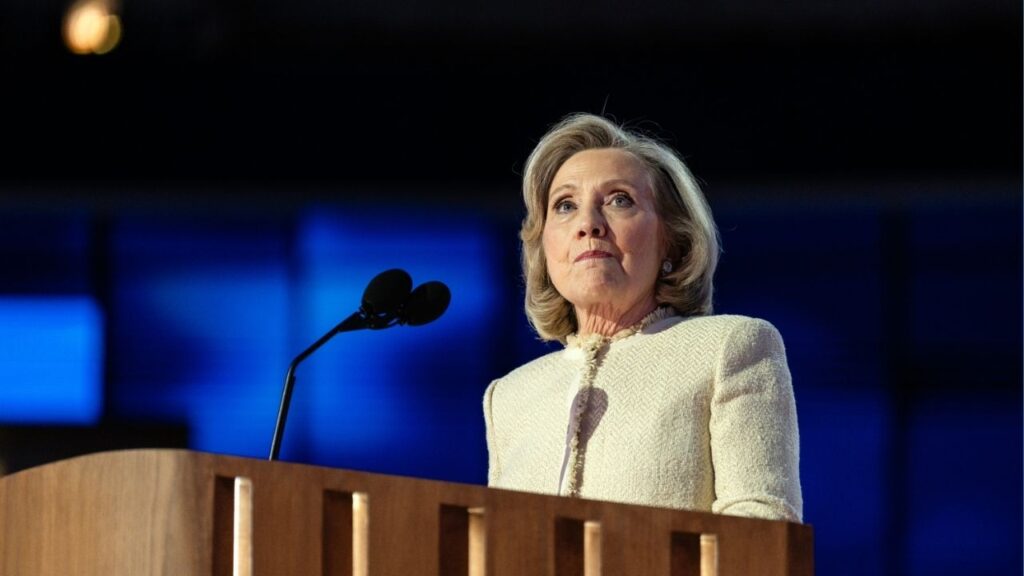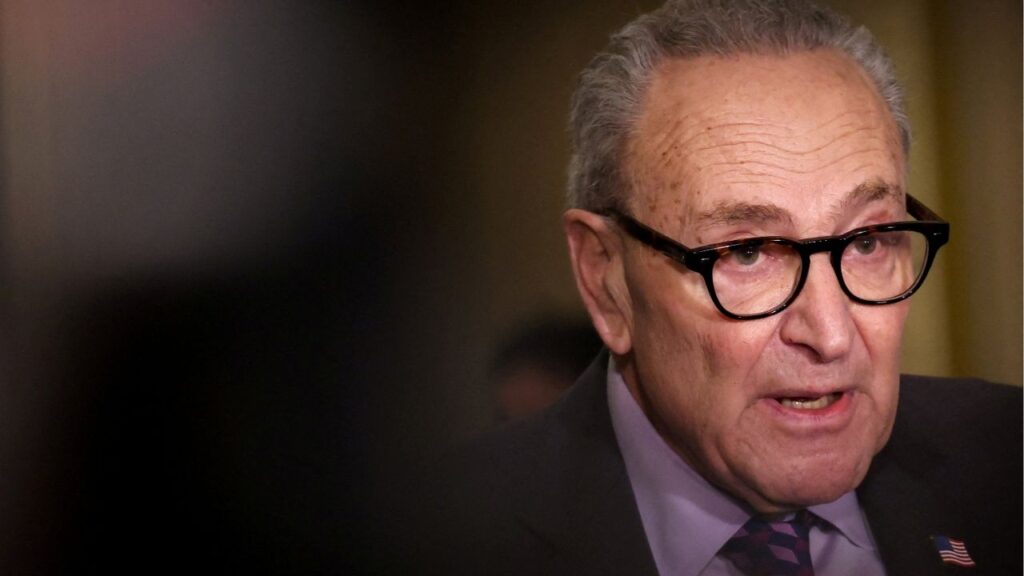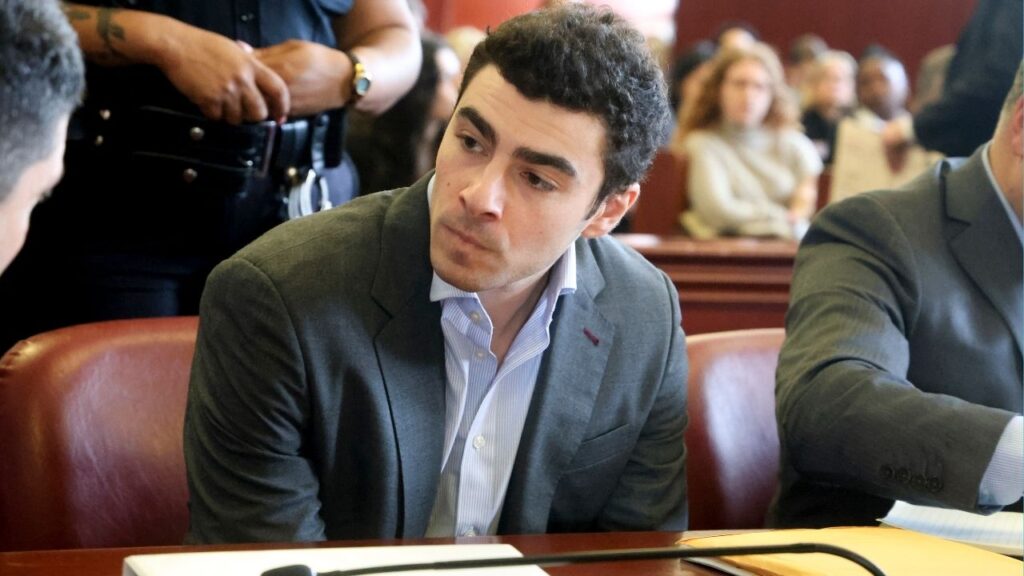Share
Are those tariffs imposed by the Trump administration going to bring back jobs to the United States?
This is one of the questions addressed in New York Times economist Neil Irwin’s discussion of the trade deficit.
Irwin takes the reader through a step-by-step explanation of why a deficit in the import/export balance is not an inherently weaker position, as President Trump has alleged.
Capital Inflows as a Benefit
First, he explains the trade-offs offered by running a deficit. Of particular importance is the inflow of foreign investment as the governments we trade with seek to offset the monetary effects of importing their goods here.
As Irwin highlights, that investment can come in the form of stock and bond purchases, expansion of foreign companies fueled by tax credits, or direct investment in goods by the foreign government. These types of investments, while beneficial for the foreign entity, also offer plenty of positives for the country running the deficit.
One of the negative outcomes Irwin acknowledges, however, is one of Trump’s key talking points: Running a deficit means fewer jobs in the industries that produce goods your country is importing.
Irwin presents a counterpoint though, arguing that, if invested properly the capital inflows could offset that job loss by creating employment in other industries. He gives the example of foreign participation in the mid-2000s housing and mortgage bubble as a misplaced, unproductive investment.
The Triffin Dilemma
Irwin also details what is known as the “Triffin Dilemma,” a question of whether the provider of the global currency must run perpetual trade deficits to keep the world financial system functioning properly.
He writes that, once entangled in this dilemma, the provider country receives a mixed bag of economic effects.
On one hand, a less competitive export industry is a cost that must be accepted. On the other, the provider country enjoys lower interest rates, higher stock prices and improved standing in world finance as it become integral to interactions across the globe.
Overall, Irwin shows that the values of a trade deficit are, at the very least, worth balancing, rather than the immediate write-off they’ve received in the Trump administration.
To read Irwin’s full explanation, see here: What Is the Trade Deficit?
Categories



















